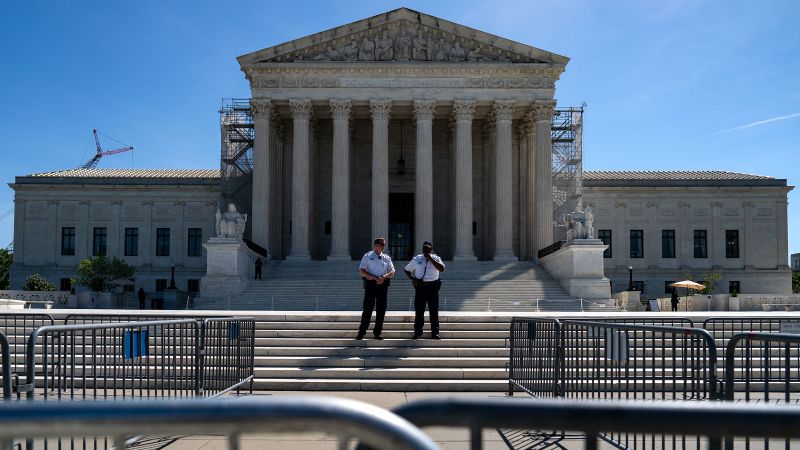
The US supreme court ruled in favor of a St. Louis police officer, Jatonya Muldrow, who sued for sex discrimination after being transferred to an undesirable new job. The ruling overturned a lower court decision that had dismissed the lawsuit and directed it to reconsider the matter.
Muldrow had been working in the St. Louis Police Department's Intelligence Division for almost a decade, responsible for public corruption, gang violence, and human trafficking. Her supervisor described her as a workhorse and the 'one sergeant he could count on in the division.' In 2017, Muldrow was transferred to another part of the department to work as a patrol officer by a new supervisor. She was later transferred back to the Intelligence Division after eight months.
The city of St. Louis had argued that officers are routinely transferred and that Muldrow's supervisor had transferred more than 20 officers when he took over the intelligence unit. However, Title VII of the Civil Rights Act of 1964 bars discrimination based on sex in any term, condition, or privilege of employment.
The Biden administration supported Muldrow's case and urged the supreme court to endorse a broad application of Title VII. The justice department argued that discriminatory transfers always violate the law because they necessarily involve a change in working conditions.
Lower courts were divided over whether any workplace bias violates Title VII, or if companies only violate the law when discrimination influences major employment decisions. In Muldrow's case, the St. Louis-based eighth US circuit court of appeals had decided that her transfer had not negatively affected her working conditions.
The supreme court heard arguments in the case in December 2023.

